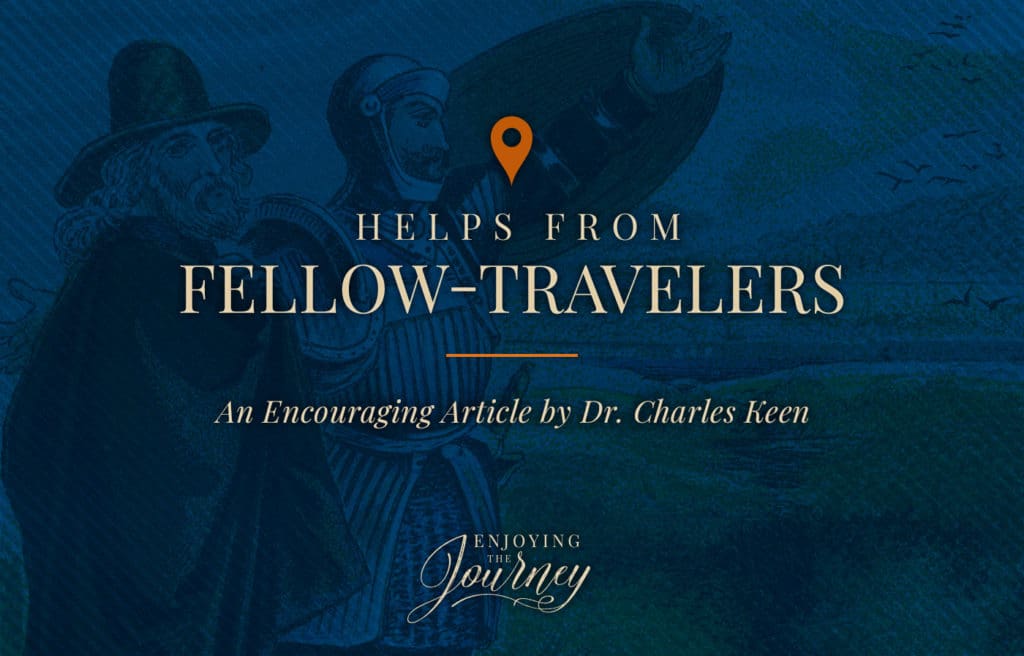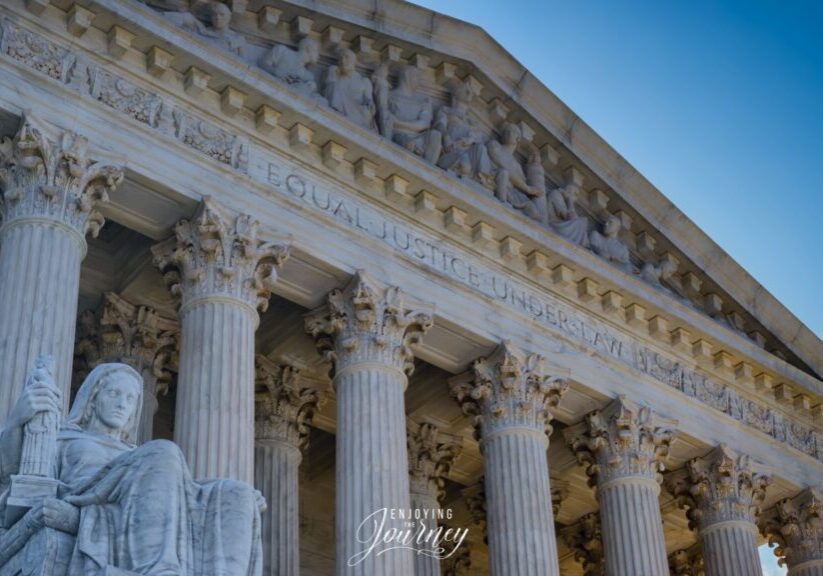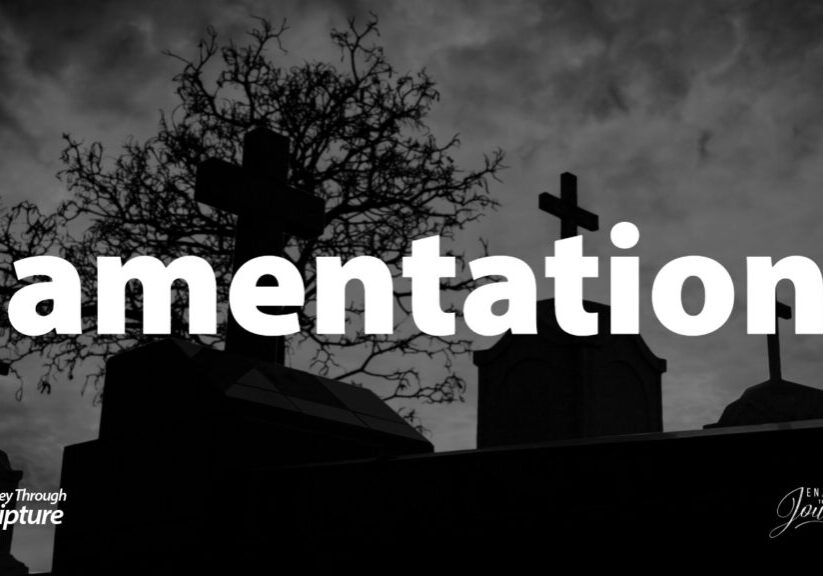
“And he said unto him, Oh my Lord, wherewith shall I save Israel? behold, my family is poor in Manasseh, and I am the least in my father’s house” (Judges 6:15).
The Bible and Christian history is a recording of solutions from unlikely places. Gideon is one such man. He was unlikely, but greatly used by God. “… Oh my Lord, wherewith shall I save Israel? behold, my family is poor … and I am the least in my father’s house.” A paraphrase would be,” Lord, you have given me an assignment far above my pay grade based on my resume.” Gideon did not have the tribal credentials, family background, or personal achievement that would encourage him to believe he was a candidate to be one of God’s great ones!
It is understandable having a man with a faith problem, in the time in which he lived, for he did not have the writings of Paul who encouraged all to be available. “For ye see your calling, … not many wise men … not many mighty, not many noble, … God hath chosen the foolish things … And base things … and things which are despised, … and things which are not, ...” (I Corinthians 1:26-28). And again Paul wrote, “… we have this treasure in earthen vessels, … (II Corinthians 4:7).
Nor did Gideon have the biographies of men and women in Bible times who marched across the pages of God’s Word doing mighty things. Though he may have known of Abraham and Sarah birthing a nation in their geriatric years, or of the patriarchs, Moses, or the like. Gideon had no record of the young virgin girl giving birth to the God-man; Jesus using a lad’s sack lunch to feed 5,000 men (plus 31 other miracles done by our Lord); nor 12 common men who are described by Paul as weak, despised, reviled, persecuted, defamed, the filth of the world, the offscouring (I Corinthians 4:10,12-13) becoming the foundation of the church.
And certainly, Gideon was not privy to church history where men and women, who were short on gifts and had neither position nor station in life, carried the banner high for Christ across the world – men like John Bunyan, William Carey, or Dallas Billington who, with a sixth-grade education, built the largest church of his day.
So it is somewhat understandable why Gideon would wrestle with his assignment, based on his limited knowledge of God working in the affairs of men, but the question I have for you is: “Why are you not a candidate to do great things for God with your expanded knowledge of the grace of God in the lives of the ordinary, as displayed in the Bible and church history?”
May I quickly add two more things that Gideon did not have that you do: You have the indwelling Holy Spirit, empowering and gifting you for ministry and service, and you have the New Testament (he probably did not have the complete canon of the Old).
The five young men at the Haystack Prayer Meeting in 1806, after considering the commands of Christ on world evangelism, said: “… we can if we will.” If Gideon surrendered with what little evidence he had and, in essence, said: “… I can and I will,” I do not know what is holding you back from doing what God is calling you to do: “… you can if you will.”
Discover more from Enjoying the Journey
Subscribe to get the latest posts sent to your email.






